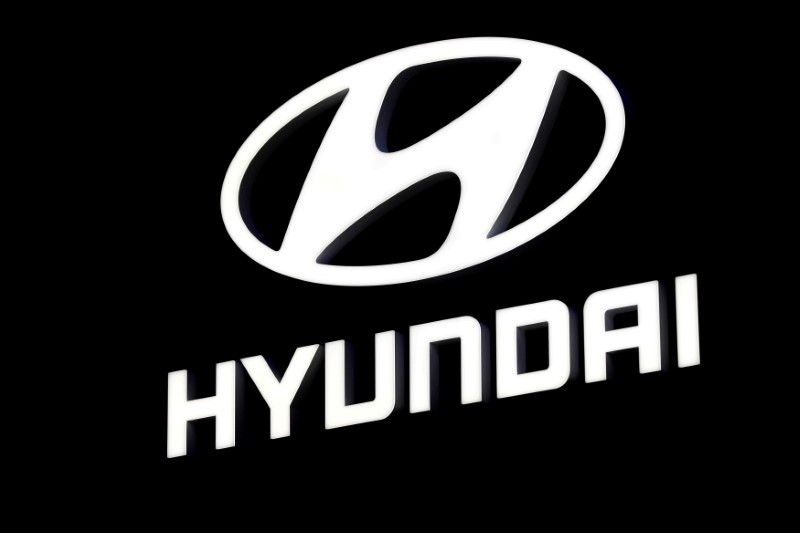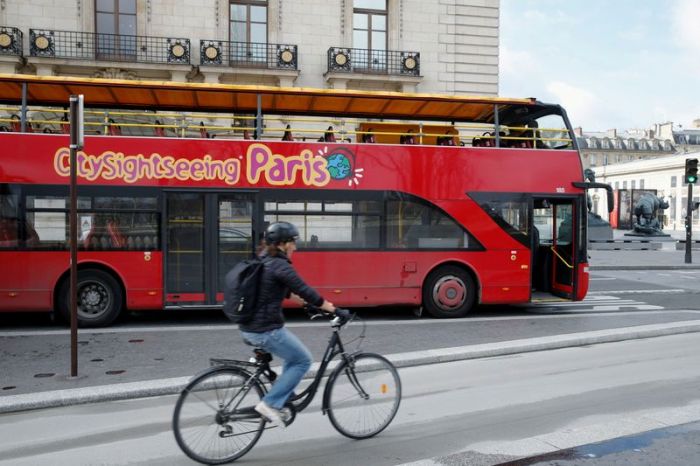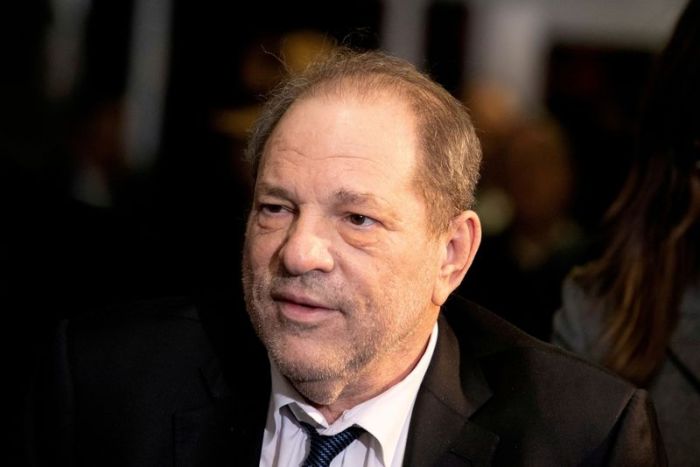SEOUL (Reuters) – South Korea’s Hyundai Motor Co turned in its best quarterly profit in about six years on Thursday, helped by solid demand for its high-margin sport-utility vehicles (SUVs) and its premium Genesis cars.
Hyundai, which together with affiliate Kia Corp is among the world’s 10 biggest automakers by sales, reported net profit of 1.8 trillion won ($1.57 billion) for April-June versus 227 billion won in the same period a year earlier.
That compared with an average analyst forecast of 1.6 trillion won compiled by Refinitiv SmartEstimate.
“Sales of SUV models and Genesis luxury brand models drove the momentum in sales volume, and declining incentives helped lift revenue and profitability in the second quarter as the ongoing recovery from the global COVID-19 pandemic spurred automotive demand,” Hyundai said in a statement.
The strong result was also backed by Hyundai’s conservative supply chain management, which has helped it navigate a global chip shortage better than many other automakers, analysts said.
But the prolonged shortage and other component supply issues have started catching up with Hyundai, disrupting its electric vehicle production in particular.
In April, Hyundai suspended production at a factory making the Ioniq 5 electric crossover because of chip and component supply issues.
On Thursday, it said it expects on-year sales growth might slow in the second half of 2021 due to challenging business conditions, including raw material price fluctuation and unstable supplies of automotive chips.
The automaker also said it expects the global chip shortage to gradually become less acute in the second half of the year, adding that it is pursuing partnerships with major semiconductor companies to maintain stable supply conditions.
“Those procurement issues are expected to improve in the second half of the year,” said analyst Lee Jae-il at Eugene Investment & Securities, pointing to an improved supply forecast last week by major producer Taiwan Semiconductor Manufacturing Co Ltd.
The Taiwanese chipmaker said the shortage in auto chips will gradually ease for its customers from the current quarter but expects overall semiconductor capacity tightness to extend possibly into next year.
Hyundai and its affiliates are in talks with local chip companies to reduce reliance on foreign supplies, Reuters reported last month.
Shares of Hyundai Motor, Asia’s fifth-biggest automaker by market value, rose 0.2% after the firm published its earnings results, compared with a 1% rise in the broader market.
($1 = 1,149.3500 won)
(Reporting by Heekyong Yang and Joyce Lee; Editing by Himani Sarkar and Christopher Cushing)

























